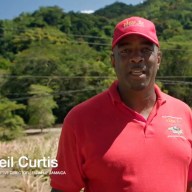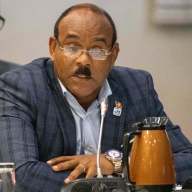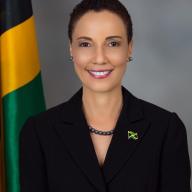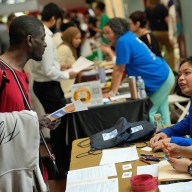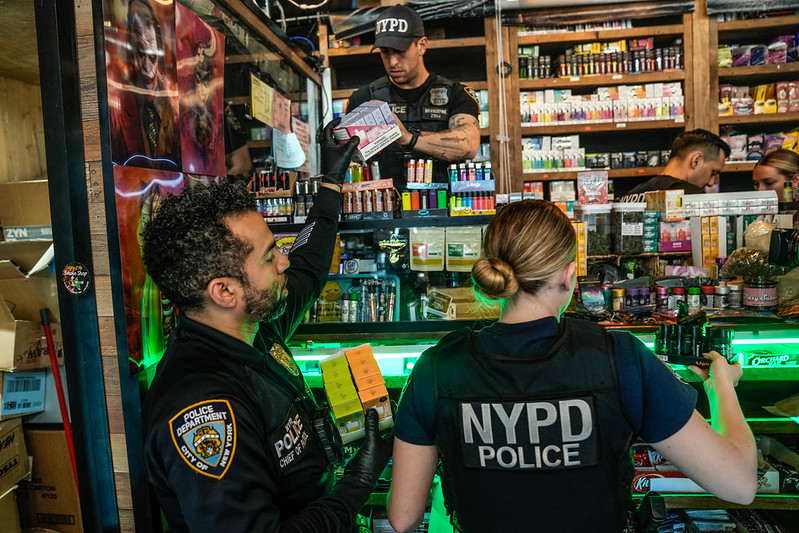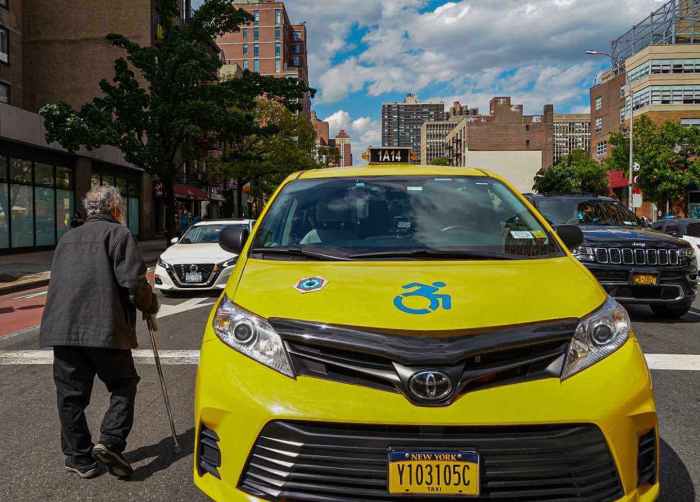Caribbean
Trans Island Air (TIA) has started a chartered service between Barbados, St. Lucia, Grenada, St. Vincent and the Grenadines and Dominica on its 12-passenger Beech 900 Turboprop.
Trans Island Air’s CEO Bruce Kauffman said a 19-seater Twin Otter will be added to the fleet by September.
The Barbados-based airline also offers private chartered services to 15 Caribbean destinations within a radius of 800 miles.
Kuaffman said by the end of November, TIA will upgrade its scheduled chartered service to fully scheduled service.
He said from October this year, TIA is committed to inaugurating another service between Hewanorra Airport in St. Lucia and Cane Field Airport in Dominica, to provide connections into Dominica from the United States, the United Kingdom , Canada and the rest of Europe.
The CEO said the airline hopes to take advantage of the fact that there are more seats into St. Lucia’s Hewanorra International direct from the United States than any other airport in the sub region.
Barbados
A Barbados government minister has called for an end to the importation of produce that can be grown locally.
Labour, Social Security and Human Resource development Minister, Dr. Esther Byer-Suckoo has warned that high food import bill is not sustainable for a small country like Barbados adding that the country could no longer heavily depend on food imports.
Addressing a graduation ceremony of the Inter-American Institute on Cooperation in Agriculture, the minister told graduates that young people, along with other graduates from the program that they are the ones that will ensure that “our food supply remains sustainable and that we can survive by utilizing our own resources.”
“It is not sustainable for a small country like ours to be spending that much money on importing anything and we must return to the land and we must eat what we grow because it is actually healthier to do so,” she said.
Byer-Suckoo quoted from a Food and Agriculture Organization (FAO) report on the State of Food Insecurity in the Caribbean region for 2015, showing that CARICOM countries imported four billion US dollars in food annually- a percent increase over the figures recorded in 2000.
She said the imports were expected to increase to US$10 billion by 2020 if current efforts to enhance food production are not successful in addressing this rising problem.
Grenada
Grenada Prime Minister Dr. Keith Mitchell has said that cutting taxes on air travel was among measures needed in the region to help foster greater intra-regional travel.
The new CARICOM chairman told leaders at the 38th regular meeting of heads of government at the Grenada Trade Center in St. George’s recently that it is widely chronicled about CARICOM that intraregional trade is obstructed by non-tariff barriers which all affect global competitiveness.
He noted that transportation is the lifeblood or the integration process adding that domestic and intra-regional air travel, added to low service competition and high travel costs all culminate in the reality that Caribbean countries connect more easily to destinations outside of the region than to destinations within members states.
Mitchell said reducing air travel costs would help to change the situation.
The Grenada prime minister said it would represent a significant installment to the regional integration account if heads would collectively agree to reduce airline ticket taxes as well as other fees which are attached to the cost of intra-regional air travel.
Guyana
Guyana will soon sign an agreement with the Organization of Petroleum Exporting Countries (OPEC) for International Development as the South American country moves to promote trade and investment.
Minister of State Joseph Harmon said that Minister of Finance Winston Jordon will sign the agreement later this month in Vienna, Australia.
Joseph said the agreement, which caters for encouragement and protection of investment, would provide opportunities for Guyana to benefit from OPEC’s resources to advance private sector, trade finance and public-sector operations.
OPEC is a permanent, inter-governmental organization, created at the Baghdad Conference in l960, by Iran, Iraq, Kuwait, Saudi Arabia and Venezuela.
Its objective is to co-ordinate and unify petroleum policies among member countries in order to secure fair and stable prices for petroleum products.
Jamaica
The United States Agency for International Development (USAID) has partnered with the education, youth and information ministry in Jamaica to provide a grant of US$3 million for safety and security in schools.
Under the partnership, USAID will provide the funds over two years.
The National Education Trust (NET) will act as coordinator for the project.
NET said the prime objective for the ministry, is to make the immediate surroundings into safe zones through a multilayered and multisectoral approach.
It will utilize schools, community, parents and public and private partnerships in an effort to ensure a safe environment that will facilitate a quality education system and raise the bar to benefit all learners, both male and female.
The project will also ensure the implementation of security and safety guidelines and continue the promotion of uniformed groups and clubs, which will promote positive values and attitudes at both school and community levels.
St. Kitts
St. Kitts Police Commissioner Ian Queeley has expressed concern how easy guns ate readily available on the streets of the twin-island, noting that the product is not manufactured in the Caribbean.
Speaking about the increase gun violence in the federation, Queeley said unnamed people were ensuring that the deadly weapons entered the country and end up in the hands of criminals.
He pointed to the fact the guns are not manufactured in the region and it is the ease and access to those firearms that is really creating the problem.
The top cop said so far for the year the police have removed about 23 guns from the streets but there is still a lot more out there.
St Kitts-Nevis has recorded 16 murders so far this year, with 13 of them being gun-related.
The last murder occurred in full glare of staff and people at the JN France Hospital when 31 year-old Darnell Govia was shot to death. A man has since being arrested and charged with the offence.
Trinidad
Trinidad and Tobago has been named as the most dangerous English-speaking country in the Caribbean region followed by Jamaica,
This is according to the Global Peace Index Report 2017 which ranked 163 countries.
The most dangerous listed in the Caribbean are the Dominican Republic ranked 65, following by Trinidad and Tobago at 67, Jamaica 72, Cuba 76, Haiti 81, and Guyana 83.
In the America, Colombia has been listed as the most dangerous ranking 17, followed by Venezuela at 21, Mexico, 22, USA, 50, Brazil 56 and Honduras, 58. The least dangerous in the Americas is Chile tanked 140.
The report compiled by the Institute for Economics and Peace covered 163 countries which accounted for over 99.7 percent of the world’s population.
– compiled by Azad Ali








